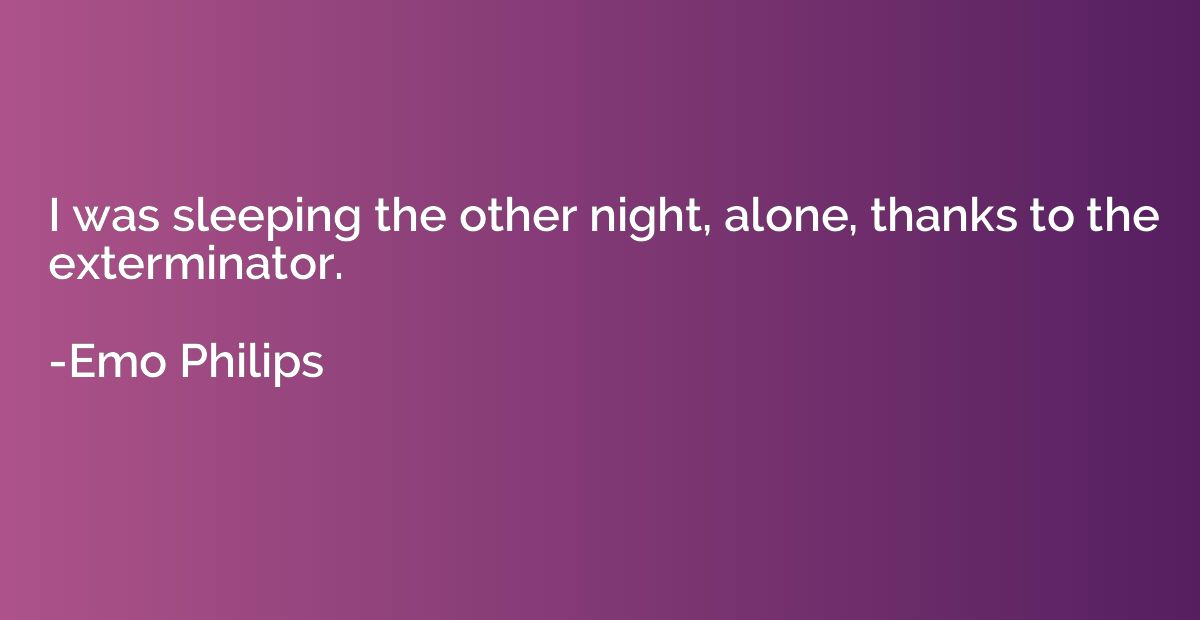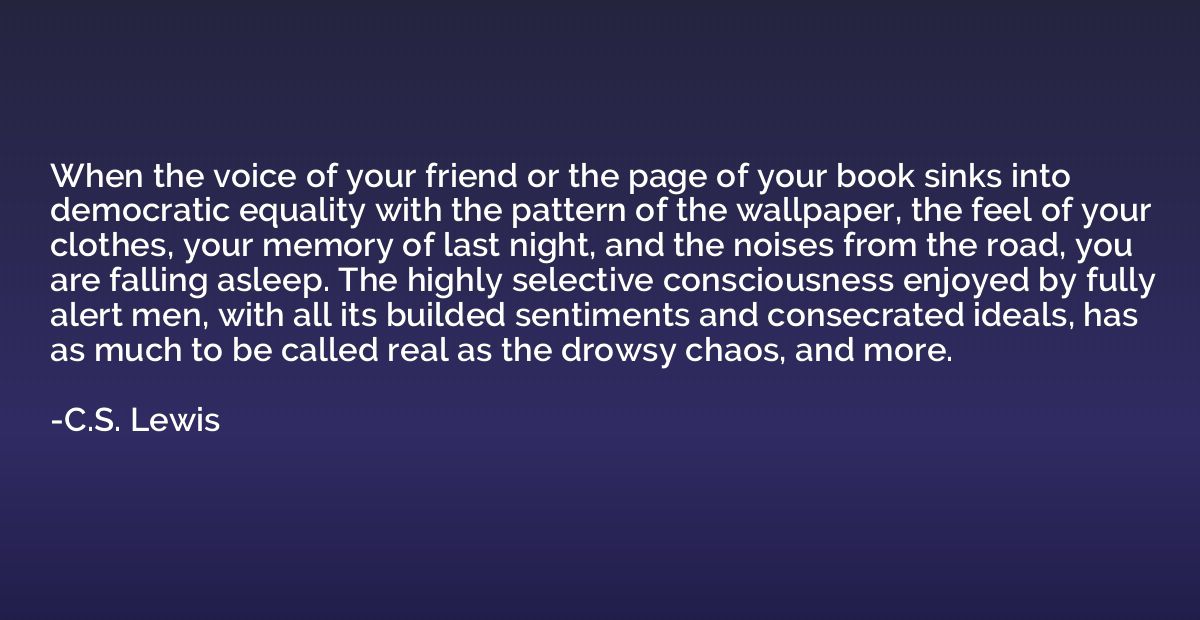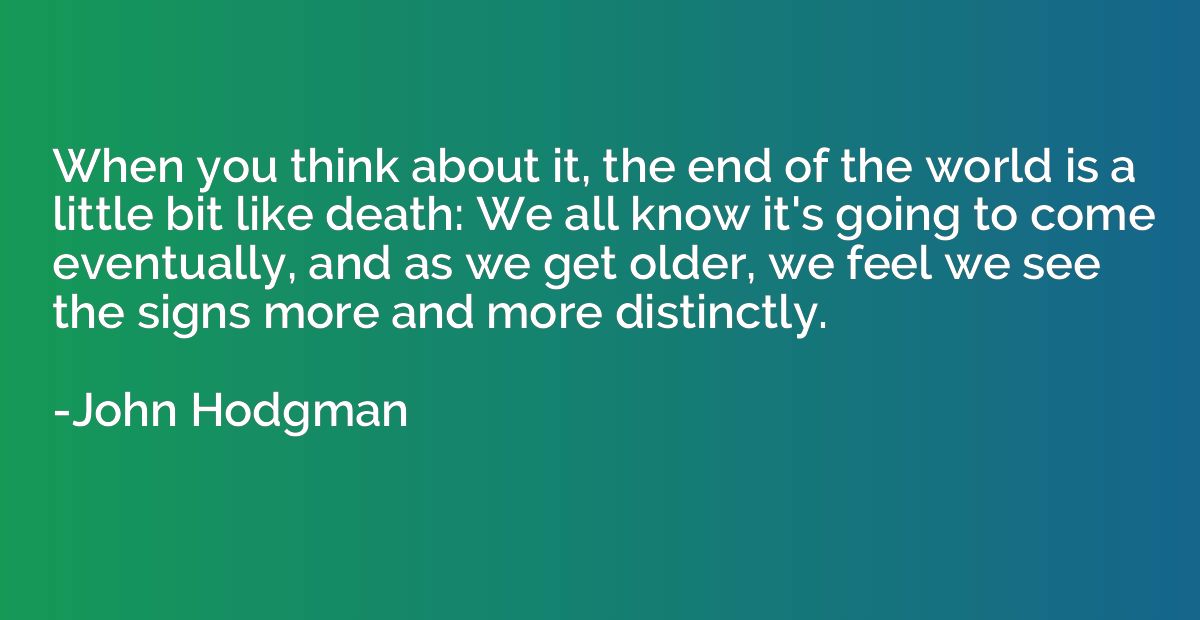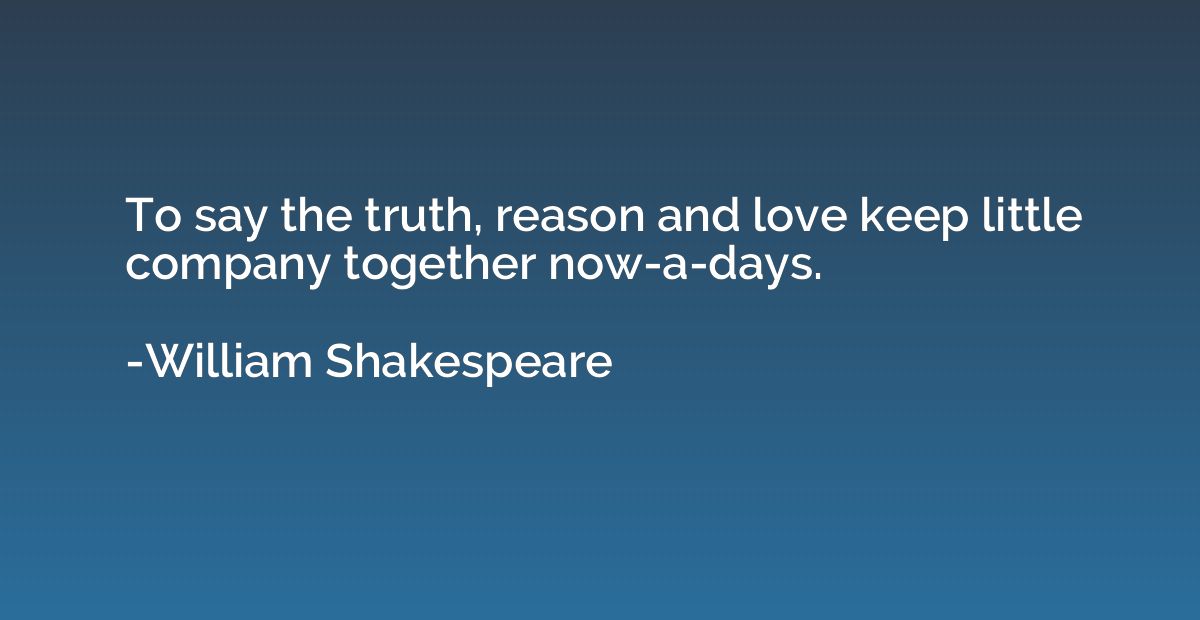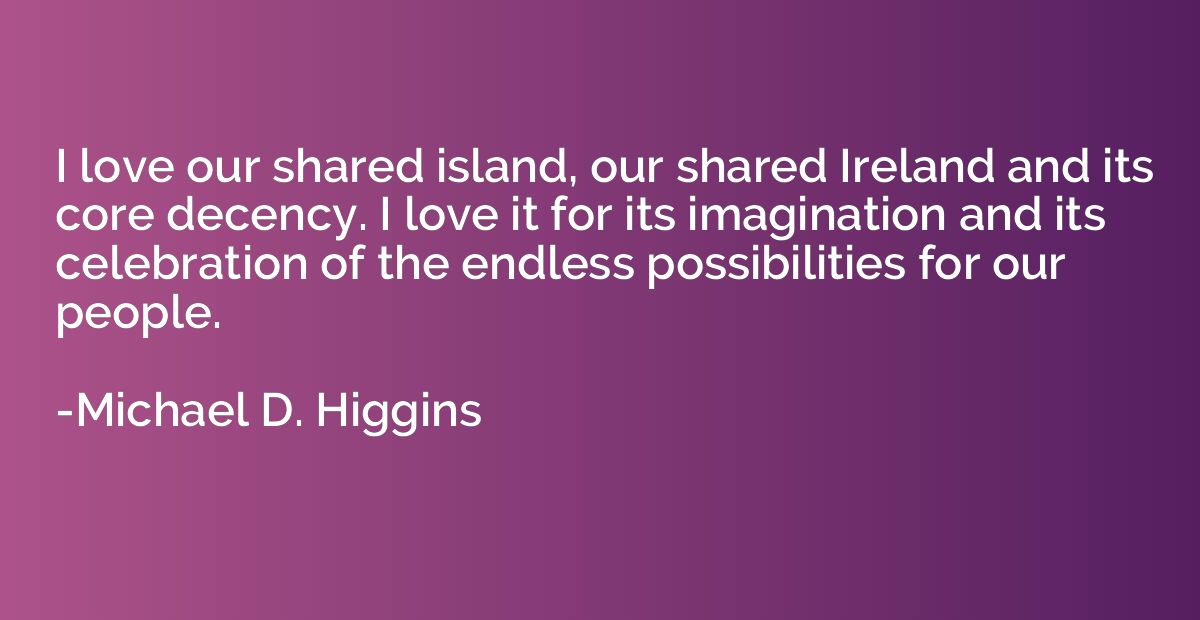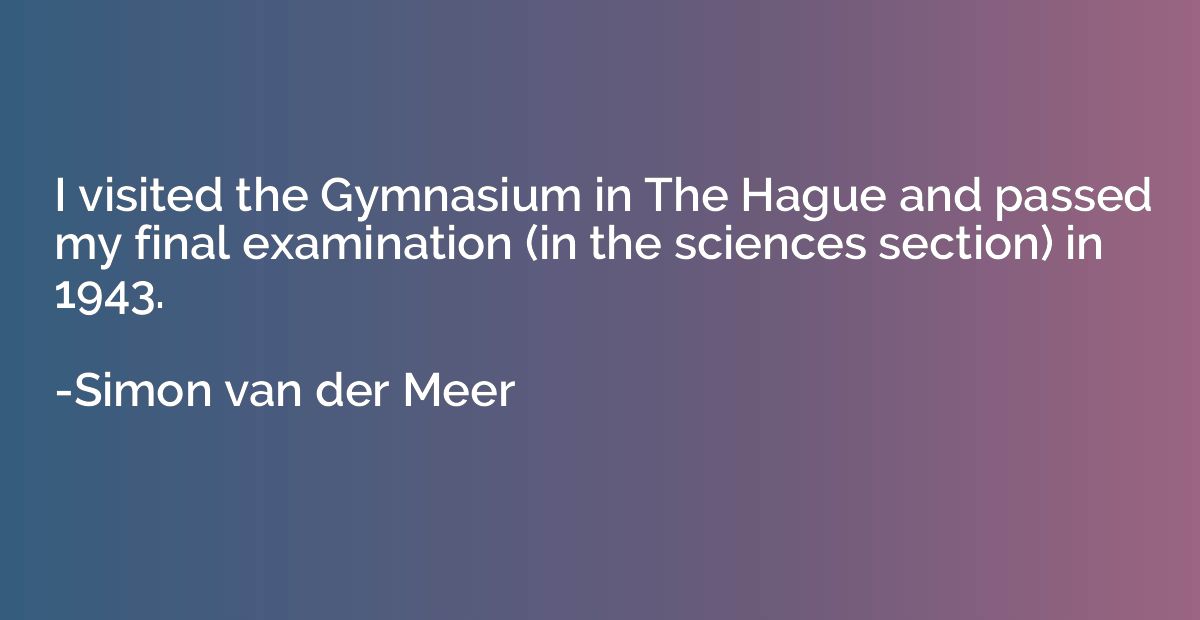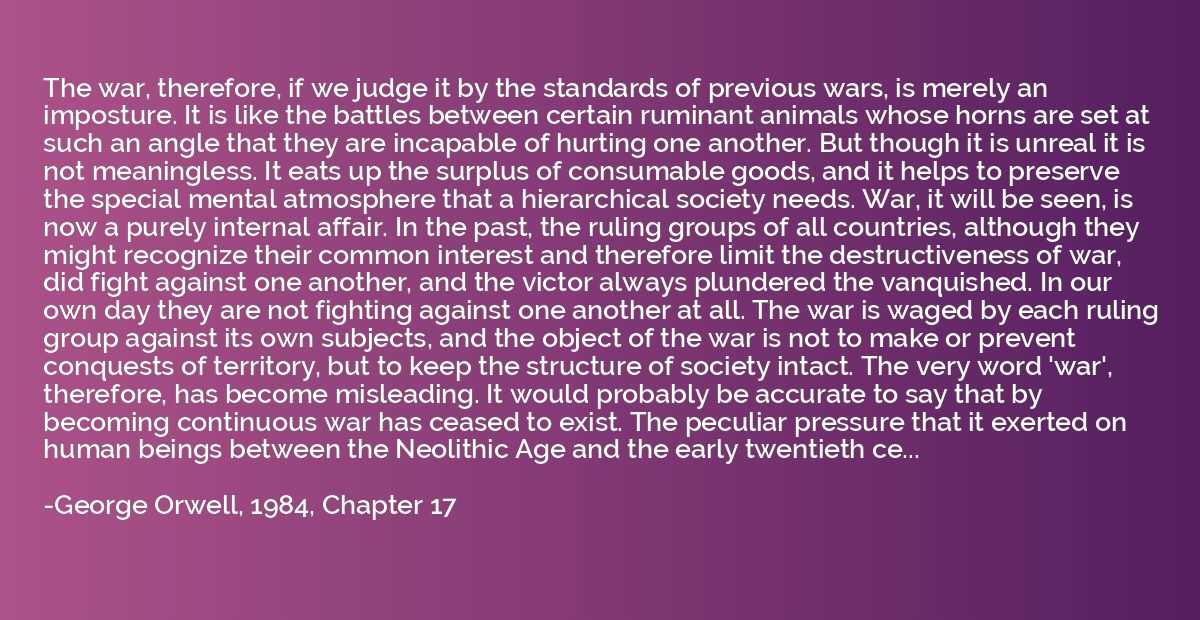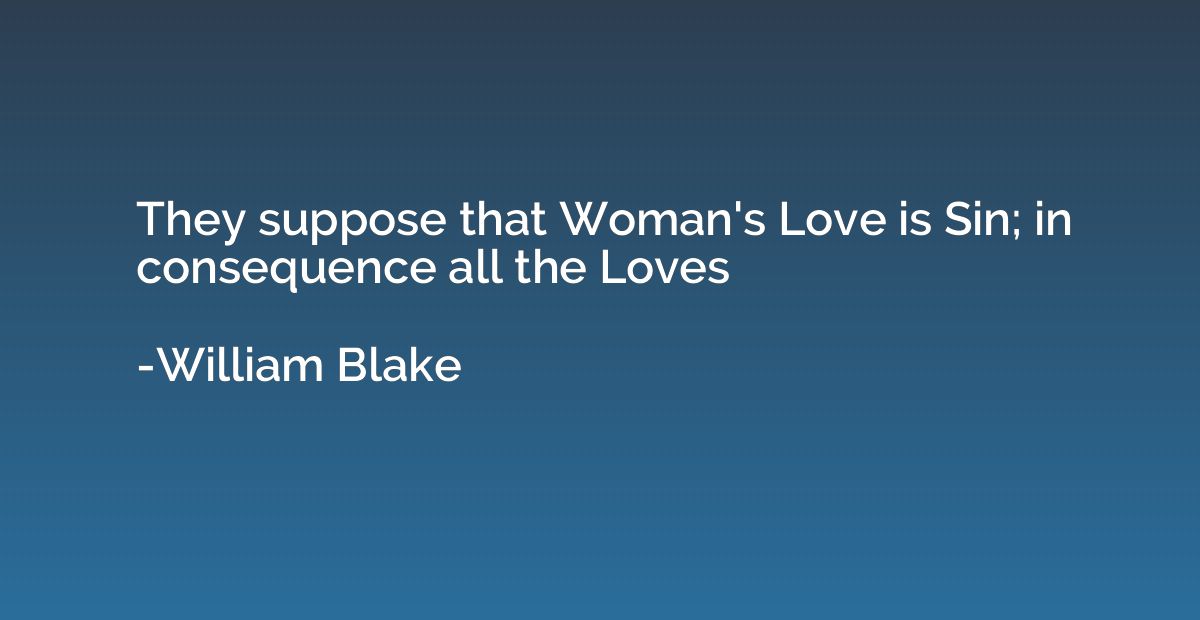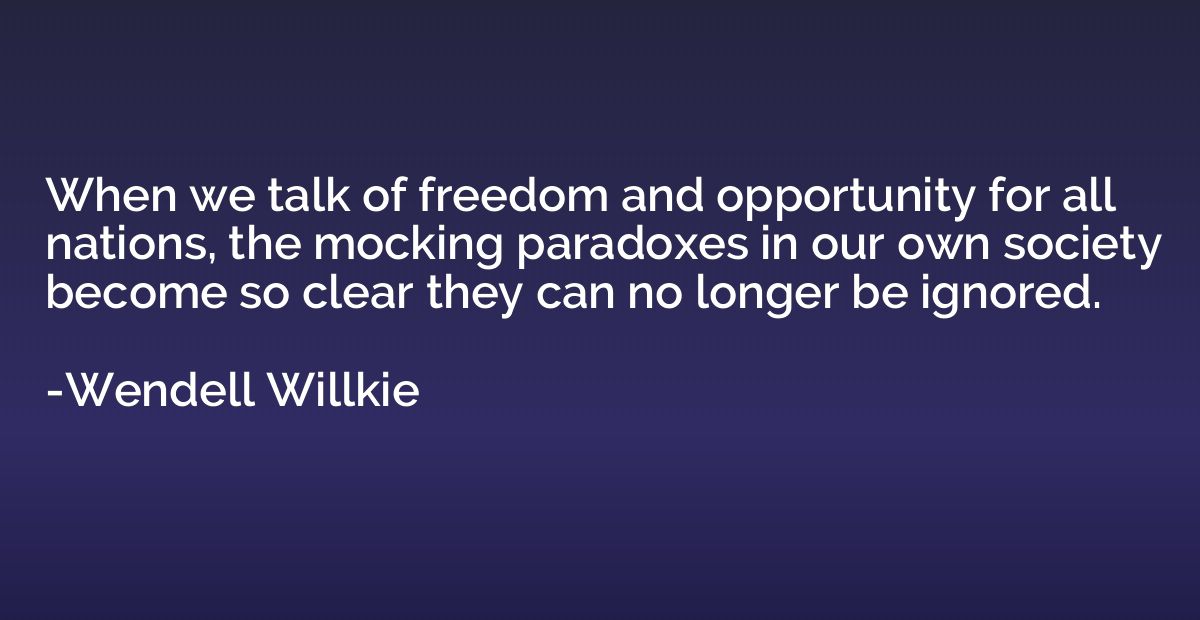Summary
This quote, often credited to Winston Churchill, emphasizes the importance of continuous improvement. It suggests that in order to simply improve, some level of change is necessary. However, to reach a state of perfection or excellence, consistent and frequent change is required. The quote suggests that achieving ultimate success or perfection is a dynamic process that requires ongoing adjustment and adaptation. It highlights the need to embrace change as a means of constant growth and refinement on the path to achieving one's full potential.




